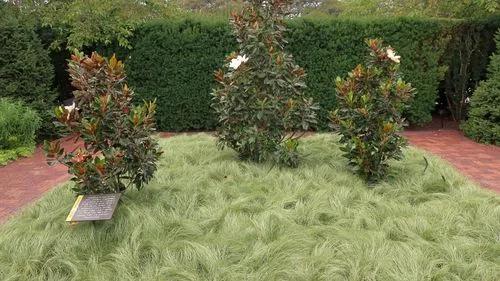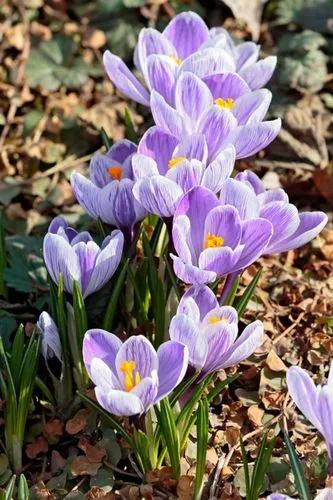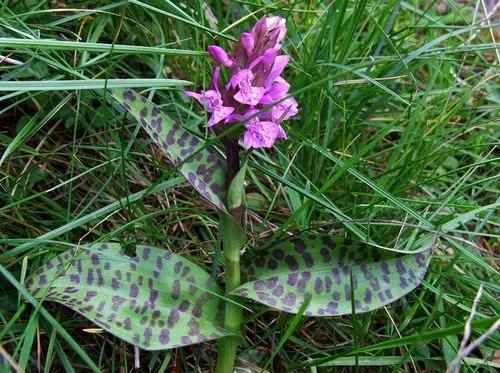Tanacetum parthenium, known as feverfew, is a flowering plant in the daisy family, Asteraceae. It is a traditional medicinal herb that is used commonly to prevent migraine headaches. Occasionally, it is grown for ornament.
Feverfew Care
Tanacetum parthenium



Tanacetum parthenium, commonly known as feverfew, is a weedy, bushy, aromatic, herbaceous perennial that is originally native to the Balkans and Caucasus, but has been introduced, escaped gardens and naturalized over time throughout the remaining parts of Europe and much of North America. This is a mounded, clump-forming species that typically grows to 1-3’ tall and features a lengthy summer bloom (June-September) of small, 3/4”, daisy-like flowers with white petals and button-like yellow center disks. Flowers are arranged in dense corymbs. Pinnately lobed leaves (to 2-3” long) are deeply cut or parted nearly to the midrib. Leaves are strongly scented, toothed and slightly hairy below. Species plants have been used in the past in the treatment of a variety of medical problems including toothache, arthritis, headaches and, of course, fever.
How to Care for the Plant

Water

Wild Chamomile naturalizes easily in areas where the soil stays slightly moist. This plant is not especially tolerant of drought.

Fertilizer

Provide a light feeding of balanced fertilizer annually, early in the springtime.

Sunlight

Plant Featherfoil in full sun or an area with a little light shade.

Soil

Febrifuge plant likes loamy, sandy, well-draining soil with a fairly neutral pH (6.0-6.7). Ideal soil should retain some moisture while simultaneously providing good drainage.

Temperature

This plant can be grown in the areas with the lowest winter temperatures of −28.9°C (−20°F).

Popularity

1,762 people already have this plant 392 people have added this plant to their wishlists
Discover more plants with the list below
Popular articles






